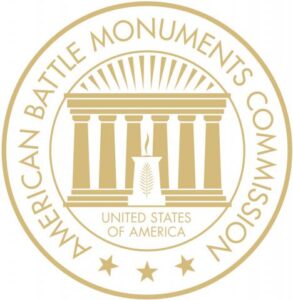Just after midnight on February 3, 1943, the SS Dorchester, a U.S. Army troop ship, was passing through the frigid waters of the North Atlantic. The ship had left St. John’s, Newfoundland a couple of days earlier as part of a convoy. Laden with more than 900 troops, merchant seamen, and civilians, the Dorchester was on its way to deliver support and materials to Allied bases in Greenland.
German intelligence had determined the convoy’s route, and U-boats had established positions to intercept it. At 12:55 a.m. on February 3, approximately 100 miles sound of Greenland, U-233 located the Dorchester and sent a torpedo into its hull. A massive explosion ripped through the ship, causing an immediate loss of life. The Dorchester began to dramatically list as water gushed into the quarters below deck.
Those that survived the blast found themselves in a state of confusion and panic. Hundreds rushed to get on deck and struggled towards the life boats as the ship began to sink quickly. With few wearing life vests, men were hysterical, knowing the icy waters of the Atlantic would likely mean death.
In the chaos, four chaplains, all first lieutenants, came forward to help their fellow ship mates. They were George Fox, a Methodist minister; Alexander Goode, a Jewish Rabbi; Clark Poling, a Dutch Reformed minister, and John Washington, a Roman Catholic Priest.
The four chaplains tried to calm those around them. On deck, they began to distribute available life jackets, and in a truly selfless act, when they ran out, the chaplains gave up their own. They stayed on deck until the very end doing what they could to help others. More than 670 died in the sinking of the Dorchester, including the four chaplains, who showed that protecting their brothers in arms doesn’t always require a weapon.
After the war, the heroism and sacrifice of the four chaplains was honored in memorials across the country. A stained glass window in the Pentagon Chapel is dedicated to their memory. In 1960 Congress passed a law authorizing the President to posthumously award a decoration for extraordinary heroism to the four chaplains for their actions. The Four Chaplains’ Medal was presented to their next of kin in 1961.
The American government also honored the four chaplains in the same way as all other service members who were lost at sea; their names were inscribed upon the Walls of the Missing at an ABMC memorial.
In the Battery, the park at the southernmost tip of Manhattan Island, stands the East Coast Memorial. Overlooking the waters of New York Harbor, eight large grey granite pylons are inscribed with the names and service information of 4,611 Americans who lost their lives in the western waters of the Atlantic during World War II, including the four chaplains. Their sacrifice remains inspirational 75 years after their ultimate act of heroism.
Sources:
https://www.army.mil/article/34090/chaplain_corps_history_the_four_chaplains
https://armyhistory.org/no-greater-glory-the-four-chaplains-and-the-sinking-of-the-usat-dorchester/
https://www.fourchaplains.org/the-saga-of-the-four-chaplains/
 An official website of the United States government. Here's how you know.
An official website of the United States government. Here's how you know. 